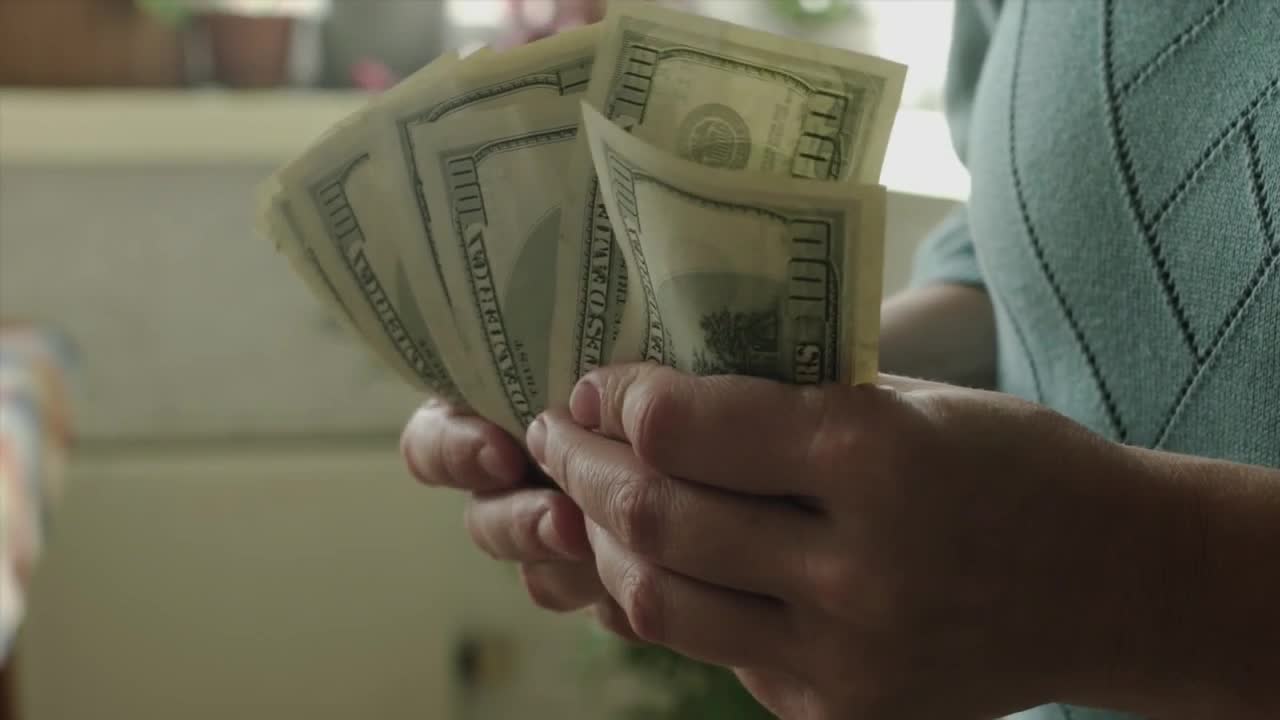DENVER — Americans can't stop thinking about money, or, their lack of money.
Recent research from financial services firm Empower shows Americans spend four hours a day thinking about money. According to MarketWatch, 65% of Americans say finances are their biggest source of stress, with AARP reporting that the cost of caring for an elder family member is putting a growing strain on many families.
The big problem: Fewer than half of Americans say they don't have enough money saved with about 58% saying their retirement savings are behind where they should be, according to BankRate.
Reading all that may have you feeling even more stressed out than before. But Denver7 wanted to find ways to help you feel more confident in your finances. We spoke with Marshall Moore, from On Tap Credit Union, about steps you can take to start saving. Here's a summary our conversation, edited for length and clarity.
Denver7: Why is it so important to have an emergency fund?
Moore: An emergency fund isn't about fear, it's about freedom. So you can think of it as a freedom fund. It gives you options when life throws you a curveball.
Denver7: How much should you have in your emergency savings account?
Moore: Think of saving in layers. Start with a $1,000 cushion and then build toward 3 to 6 months of living expenses from there. The key is to subscribe to yourself. Just like Netflix automatically charges you each month, set up an automatic transfer at the start of each month — even $20 or $50. At $83 a month, you have $1,000 saved in a year.
Denver7: For people living paycheck to paycheck, saving feels impossible. What are some small practical steps to start saving?
Moore: When money is tight, there are two levers: Expenses and income. Cutting expenses only goes so far, but if you pair it with small steps to increase income, like exploring a side gig or negotiating a raise, you'll see progress faster. The important part with expenses is being intentional. Don't just save on groceries, actually move that money out of checking and into savings, so that it works for you instead of disappearing.
Denver7: What tools or programs should people look into that can actually help make a difference when it comes to saving?
Moore: The best savings tool isn't fancy, it's automation. If you don't see it, you don't spend it. Set up your paycheck so money goes straight into savings before you even see it. Another tool is to rename your accounts for what you care about, like Freedom Fund or Winter Ski weekend, and savings becomes exciting instead of a chore. And finally, many local credit unions like ours offer free financial wellness programs to help you get started.





Denver7 is committed to making a difference in our community by standing up for what's right, listening, lending a helping hand and following through on promises. See that work in action, in the videos above.




